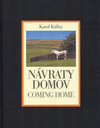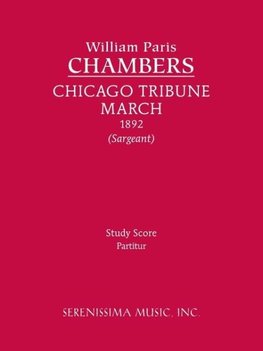
-
 Anglický jazyk
Anglický jazyk
Chicago Tribune March
Autor: William Paris Chambers
The American band master and composer William Paris Chambers (1854-1913) was born in Newport, Pennsylvania, and grew up in nearby town of Newville. He began to learn the cornet around age thirteen, and by age eighteen was conductor of the Keystone Cornet... Viac o knihe
Na objednávku, dodanie 2-4 týždne
10.89 €
bežná cena: 12.10 €
O knihe
The American band master and composer William Paris Chambers (1854-1913) was born in Newport, Pennsylvania, and grew up in nearby town of Newville. He began to learn the cornet around age thirteen, and by age eighteen was conductor of the Keystone Cornet Band. In 1879 he became Conductor of the Capital City Band in Harrisburg, and from 1887 to 1893 directed the Great Southern Band of Baltimore, Maryland. During the late 1890's and early 1900's Chambers managed the C.G. Conn band instrument store in New York City and became widely recognized as a virtuoso cornet player, as well as a respected bandmaster and composer. He was regularly featured in cornet solos with Francesco Fanciulli's Seventy-First Regiment Band on the mall at Central Park where he dazzled audiences with his phenomenal high register, playing effortlessly up to the third high C. He also toured Europe and Africa in 1905-1906, performing cornet solos accompanied by his own band. In 1912 he formed the municipal band in Atlantic City, New Jersey, returning to Newville, shortly before his death in 1913. Chambers wrote and published nearly ninety marches as well as several brilliant cornet solos. His band compositions have been called "some of the finest and most difficult works in the American march repertoire." Today, he is mainly known for two of his marches, Boys of the Old Brigade and the present work. Chicago Tribune March was written in 1892 for the iconic Chicago newspaper company which was founded in 1847. Over the past century and more, a number of major (and well as smaller regional) newspapers have commissioned band pieces for special events, a tradition that still continues today, and has greatly enriched the American march band repertoire. The Chicago Tribune March was first performed at "Music Day" at the Illinois State Fair in Peoria on Friday, September 30, 1892. The Tribune reported that four of the best bands in the state, plus a 100-strong chorus, had been engaged for that year's event. The first feature of the day was the "March of the Nations" with each of the four bands entering the arena with music, 'soldiery' and colors representing France, Germany, Great Britain and the United States. The four bands then massed in a hollow square in front of the grand stand, and directly in front of the chorus, to perform America, with a single band performing the first stanza, then a second band joining them for the second stanza, and a third for the third stanza, then all four bands and chorus joined together in unison to perform the last stanza. After the bands had conducted their military back to their starting places all four bands then formed again in front of the grand stand and performed Chicago Tribune March to great applause. Richard Sargeant's new edition retains the grandeur of the first performance, and includes the composer's original instrumentation which was often reduced in later editions. It is scored for extended woodwinds (including E-flat and B-flat bass clarinet), double E-flat alto plus tenor and baritone saxophones, full brass, basses, snare drum, cymbals and bass drum.
- Vydavateľstvo: Serenissima Music, Inc.
- Rok vydania: 2013
- Formát: Paperback
- Rozmer: 280 x 210 mm
- Jazyk: Anglický jazyk
- ISBN: 9781608740949
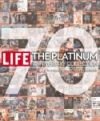
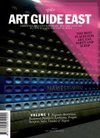
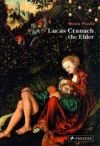
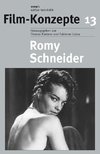



 Ruský jazyk
Ruský jazyk 
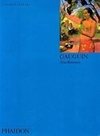
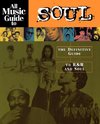
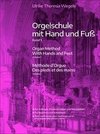
 Nemecký jazyk
Nemecký jazyk 
